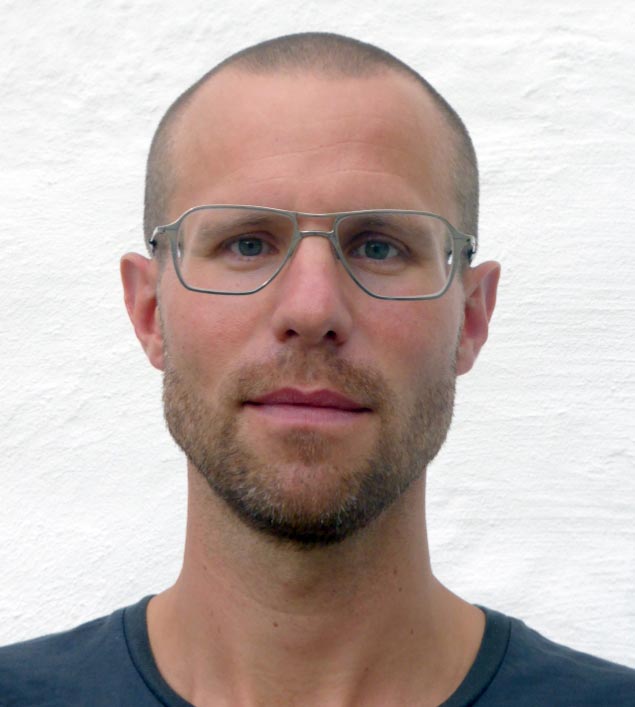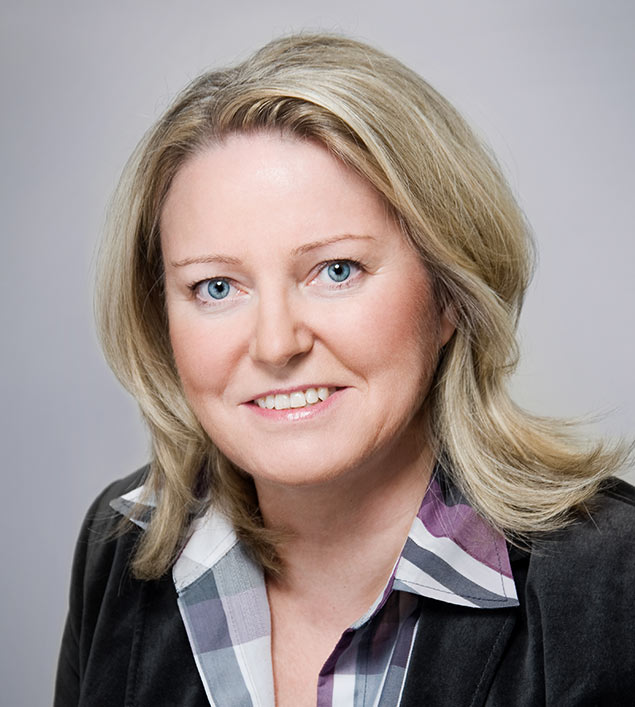- Strona główna
- O nas
- Aktualności
- Klub 30
- O nas
- Aktualności
- Warsztaty z wykorzystania AI w pracy naukowo-klinicznej endokrynologa oraz kompleksowego podejścia do leczenia choroby otyłościowej.
- IX Naukowy Dzień Doktoranta
- Serdecznie dziękujemy za wsparcie
- KLUB 30 – warsztaty z (auto)prezentacji w dziedzinie medycyny
- KLUB 30 – warsztaty z przygotowania publikacji naukowych z zakresu medycyny (Proper Medical Writing)
- Wsparcie dla Agatki
- Akromegalia – optymalizacja leczenia
- Wsparcie leczenia córeczki naszej koleżanki.
- Zarząd
- Regulamin
- Kontakt
- Archiwum
- Formularz zgłoszeniowy
- Nauka i edukacja
- Składka
- Kontakt
 Polskie Towarzystwo
Polskie Towarzystwo
Endokrynologiczne
- Znajdujesz się na:
- https://www.ptendo.org.pl
- Klub 30
- Archiwum
- EYES 2018
- Programme
Programme
Friday (31st August):
Workshops:
11.00-13.00 Thyroid Ultrasound - Ass. Prof. Ewelina Szczepanek-Parulska,
Department of Endocrinology, Metabolism and Internal Medicine, Przybyszewskiego St. 49; Poznań
11.00-13.00 Molecular Endocrinology I and II
I Molecular endocrinology
"Transcriptomic studies in molecular endocrinology – microarray approach" - Piotr Celichowski, MSc
Department of Histology and Embryology room nr 5, Poznan University of Medical Sciences, Swiecickiego 6 Street, Poznan
II Molecular endocrinology
"Clinical Laboratory Geneticist" - Bartłomiej Budny, MSc, PhD
Department of Endocrinology, Metabolism and Internal Medicine, Przybyszewskiego St. 49; Poznań
12.30 -14.30 Arrival and registration
14.30-14.45 Opening ceremony
14.45-15.45 Thyroid
Chairpersons: Anneke van den Beukel, Ljiljana Marina, Ewelina Szczepanek-Parulska, Nadia Sawicka-Gutaj (7 min for presentation; 3 min for discussion)
14.45-14.55 Levothyroxine Replacement Therapy and Overuse: A Timely Diagnostic Approach. Christina Bothou
14.55-15.05 The changes in muscle tissue during the treatment of severe thyroid diseases. Ariadna Zybek-Kocik
15.05-15.15 The effect of helper and regulatory T-cells on phenotypic composition of B-lymphocytes of blood and thyroid tissue in Graves’ disease. Daria Fomina
15.15-15.25 Is it a cancer? Searching for new markers of follicular thyroid cancer with wide-panel next-generation sequencing. Martyna Borowczyk
15.25-15.35 Plasmapheresis treatment in Graves orbitopathy unresponsive to steroid therapy: A case report. Aysa Hacioglu
15.35-16.05 Dinner
16.05-16.35 Invited Lecture
Genetics and endocrinology - a modern couple. Prof. Katarzyna Ziemnicka, MD, PhD
16.40- 17.00 Gynecological Endocrinology
Chairpersons: Ljiljana Marina, Adam Czyżyk, Małgorzata Kałużna (7 min for presentation; 3 min for discussion)
16.40-16.50 Impact of bisphenol S exposure on metabolic profile of women with polycystic ovary. Aleksandra Konieczna
16.50-17.00 Reproductive function of young women with type 1 diabetes mellitus. Stavroula Paschou
Saturday (1st September)
8.00-10.00 Breakfast - Patikor Bar (Dormitory “Karolek”)
9.30-10.45 Pituitary
Chairpersons: Anneke van den Beukel, Aleksandra Jawiarczyk-Przybyłowska, Ariadna Zybek-Kocik (7 min for presentation; 3 min for discussion)
9.30- 9.40 Somatostatin analogues in the long-term treatment of clinically non-functioning pituitary adenomas- does pharmacotherapy meet our expectations? Natalia Bożena Zawada
9.40-9.50 Efficacy and safety of switching to pasireotide LAR in acromegaly patients controlled with combination therapy of somatostatin analogues and pegvisomant (PAPE study): a prospective, open-label 48 week study. Eva Coopmans
9.50-10.00 One-center analysis of cost associated with acromegaly management in Poland. Michał Elbaum
10.00-10.10 The impact of postoperative ACTH and cortisol levels on the probability of recurrence of Cushing’s disease for 3 years after transnasal endoscopic adenomectomy. Elena Nadezhdina
10.10-10.20 Molecular genetic and phenotypic aspects of patients with family pituitary adenomas. Tatiana Tarasova
10.20-10.30 Pasireotide LAR treatment in aggressive prolactinoma with an excellent response: a case report. Sebastiaan van Meyel
10.30-10.50 Parathyroid glands and bone metabolism
Chairpersons: Anneke van den Beukel, Aleksandra Jawiarczyk-Przybyłowska, Katarzyna Piątek (7 min for presentation; 3 min for discussion)
10.30-10.40 A rare case of neck of femur fracture in a female adolescent associated with minor trauma and impaired bone metabolism. Olamide Olatokun
10.40-10.50 Vertebral fracture in postmenopausal women with primary hyperparathyroidism. Elena Brutskaya-Stempkovskaya
10.50-11.00 Coffee break
11.00-11.30 Obesity and Metabolism
Chairpersons: Elahu Sustarsic, Martyna Borowczyk, Aleksandra Hernik (7 min for presentation; 3 min for discussion)
11.00-11.10 Impaired energy metabolism in the frontal cortex: study in an animal model of the co-occurrence of depression and obesity. Katarzyna Głombik
11.10-11.20 Carbohydrate metabolism, insulin resistance assessment and incretins in patients with Cushing disease and acromegaly. Lubov Machekhina
11.20-11.30 Correction of eating behavior in obesity: suggested role of navigated repetitive transcranial magnetic stimulation: a clinical case report. Oksana Logvinova
11.40-12.40 Adrenals
Chairpersons: Ljiljana Marina, Aleksandra Hernik, Katarzyna Piątek (7 min for presentation; 3 min for discussion)
11.40-11.50 Gender differences in patients with adrenal incidentalomas. Srdjan Pandurevic
11.50-12.00 Quality of life and depression in patients with adrenal incidentalomas. Antoan Stefan Šojat
12.00-12.10 Primary aldosteronism and liver metastases of unknown origin – an atypical presentation of adrenocortical carcinoma? Adam Maciejewski
12.10-12.20 Challenges in risk stratification of pheochromocytoma. Focus on local recurrence and implantation metastasis. Anna Roslyakova
12.20-12.30 Adrenal incidentaloma, Graves-Basedow disease, Cushing’s syndrome – a possible link? 28 year observation period case report. Łukasz Gojny
12.30-12.40 A 33 year observation of successful treatment of Cushing syndrome followed by pituitary tumor. Łukasz Gojny
12.45-13.15 Invited lecture
Quality of life in patients with thyroid diseases. Dr Torquil Watt
13.15-14.00 Lunch
14.00 - Photo of EYES 2018 participants
16.00-18.00 City tour
20.00 Dinner party - Blue Note Poznań Jazz Club
Sunday (2nd September)
8.00-10.00 Breakfast - Patikor Bar (Dormitory “Karolek”)
10.00-10.30 Diabetes
Chairpersons: Elahu Sustarsic, Aleksandra Jawiarczyk-Przybyłowska, Małgorzata Kałużna (7 min for presentation; 3 min for discussion)
10.00-10.10 The parameters of CBC could be potential markers of development DR in T2DM patients. Violeta Lukic Panin
10.10-10.20 Serum levels of lysophosphatidic acid among patients with HNF1B-MODY syndrome. Beata Małachowska
10.20-10.30 Elucidation of mechanism of ZnT8 regulation under hypoxic conditions. Maria Gorshkova
10.30-11.00 Varia
Chairpersons: Anneke van den Beukel, Ljiljana Marina, Elahu Sustarsic, Nadia Sawicka-Gutaj (7 min for presentation; 3 min for discussion)
10.30-10.40 An unusual clinical case of autoimmune polyglandular syndrome. Anastasia Rybakova
10.40-10.50 Unique Homozygous SNRPN point mutation as a potential new cause of Prader-Willi (like) syndrome. Karlijn Pellikaan
10.50-11.00 Neuroendocrine tumor with an unknown origin - a case report. Jowita Halupczok-Żyła
11.00 Farewell and invitation for EYES 2019
11.00-11.30 Lunch
Our speakers

dr Torquil Watt
In 1994, as a medical student, Torquil Watt became interested in developing and applying scientifically valid measurements of health-related quality of life. Ever since, this has been the focus of his scientific working life.
This has lead through validation of the Danish version of SF-36 and MFI-20 (a generic health status measure and a multidimensional fatigue PRO instrument) to the development and validation of the internationally widely applied state-of-the-art thyroid-related quality of life instruments ThyPRO and ThyPRO-39.
Currently, validated versions of the ThyPRO instruments are available in 19 languages, and on their way in additionally 10, and are in use in more than 75 studies world-wide.
Methodologically, Torquil is working with classical and modern psycho- and clinimetric methodology, often in a mixed methods setting.
Together with his PhD-student Per Cramon, he has developed a full-fledged electronic trial management system, including eCRF, for conduction of pragmatic clinical trials with high-quality PRO outcomes, the PROgmatic.
He is involved in several past and on-going multi-center RCT’s, including GRASS, CATALYST and the NEJM-published TRUST.
Currently, Torquil is continuing to advance the methodology of PRO measurement, by converting standard retrospective PROs to here-and-now versions measuring patient’s experiences in their real contexts (so-called ecological momentary assessments). This is done in collaboration with his PhD-student Victor Boesen.

Prof. Katarzyna Ziemnicka, MD, PhD
Katarzyna Ziemnicka MD, PhD (Professor of medicine, head of molecular endocrinology laboratory in the Department of Endocrinology, Metabolism and Internal Diseases at Poznan University of Medical Sciences), active in molecular endocrinology since medical study. She defended her PhD thesis on thyroglobulin expression in thyroid glands with different histopathological status.
Later, during fellowship in FIRS Laboratories, RSR ltd in Cardiff, UK she was working work on the expression of human thyroid peroxidase in insect cell lines and she took part in pioneer research programme on crystallisation of TPO. After returning to the host University, she has started an extensive study on genetic background and autoimmunization in patients with combined pituitary hormone deficiency Experience she gained in that field allowed her to develop routine molecular diagnostic tests in many inherited endocrine disorders that are now conducted in molecular endocrinology laboratory. Besides other part of her interests the molecular events associated with differentiated and medullary thyroid carcinomas and multiple endocrine neoplasia are now one of the main research fields. These studies are conducted, inter alia, in cooperation with Institute of Human Genetics, Polish Academy of Science and resulted in discovery that RET gene promoter polymorphisms influence the course of MEN2 and sporadic medullary thyroid carcinoma.
She also organized and runs day ward for patients with different endocrine disorders and works as an Associate Editor in BMC Endocrine Disorders.